
BORDER FORCE: Well travelled influencer lies on Australian biosecurity form and complains about AU$1,878 fine
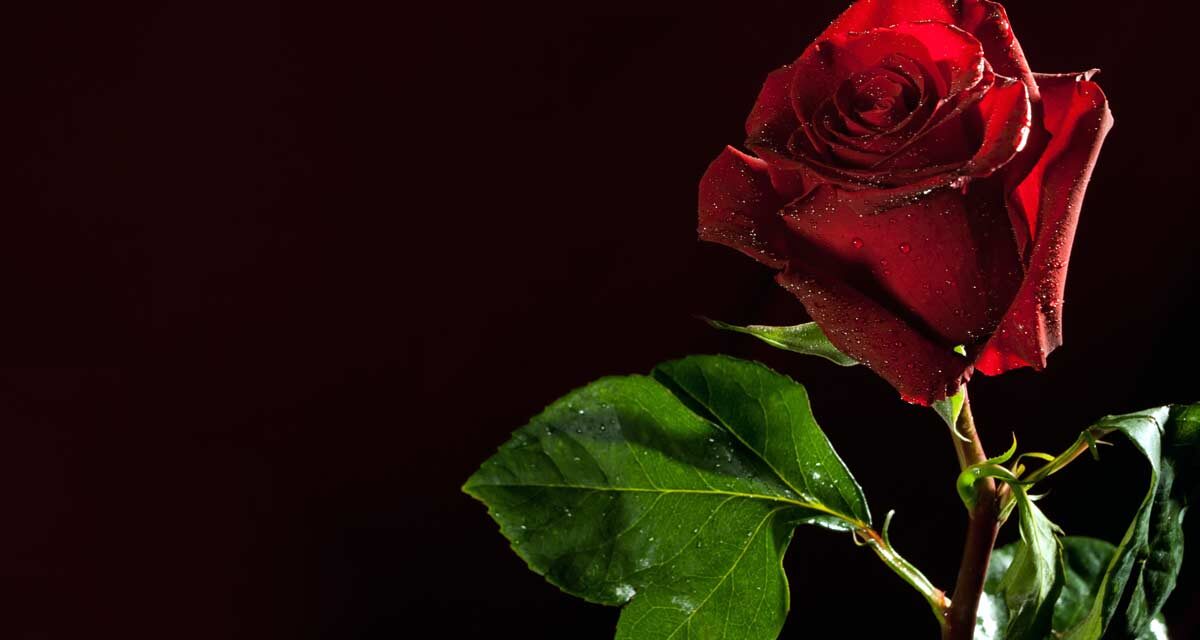
There are some things that possibly unreasonably make my blood boil. One of them is ‘influencers’ behaving like their human rights have been violated when the root cause is that they have been behaving badly.
A case in point is influencer Lays Laraya, better known by her Instagram handle of ‘skywardsfreak’. I’m deliberately not providing a link, as I don’t wish to directly increase her hits. It’s an Instagram story (which disappears after 24 hours, anyway) that I’m referring to. In preference, please read about the incident on stable mate onemileatatime.com’s blog. In summary, she arrived in Perth carrying the rose the airline had given her.
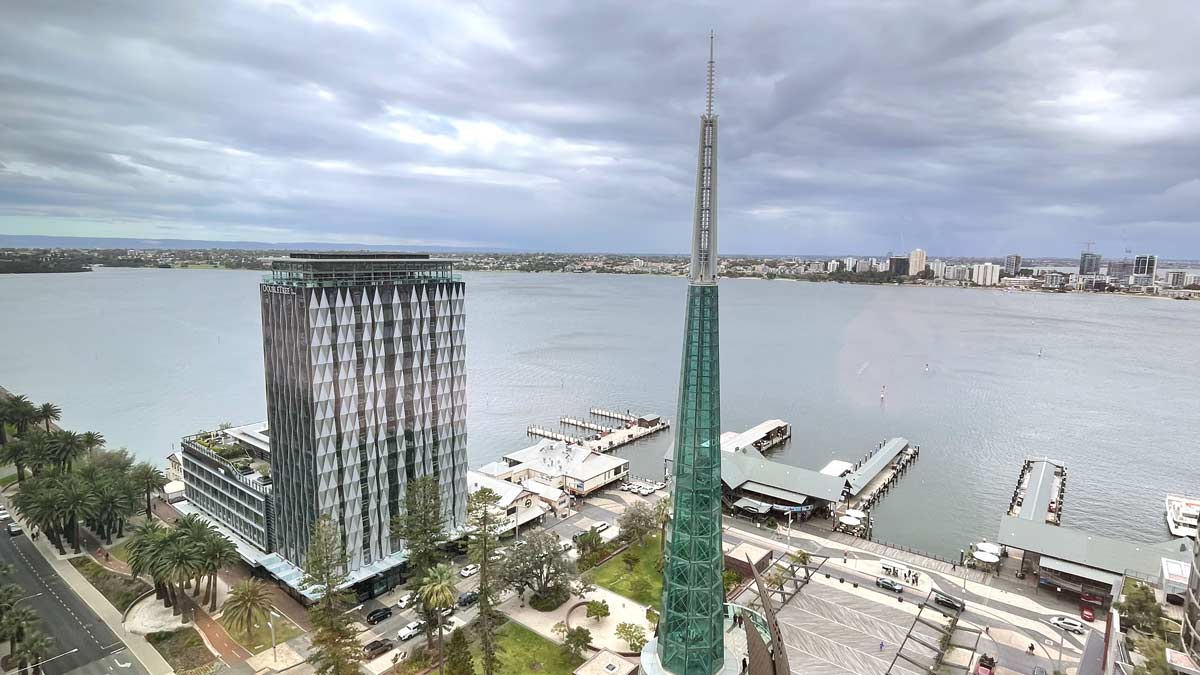
She was apprehended by plane close officials (probably from Border Force), who identified themselves and asked for her phone. She was escorted to border control, where it was discovered she had not completed her Incoming Passenger Card, and was asked to do so. With her rose in plain sight, she answered ‘NO’ to question 7 – asserting that she was not carrying any plant material when she was holding a rose! As a result, she was fined ~US$1,200, to be paid before leaving Australia for ‘knowingly producing a false or misleading document in compliance or purported compliance with the biosecurity act’, which of course, on her own admission, she did do.
For this, she invoked a quotation from Martin Luther King:
“Injustice anywhere is a threat to justice everywhere.”Injustice anywhere is a threat to justice everywhere.”
Martin Luther King
In response to Ms Laraya, I invoke another quotation from the great Mr King:
“Forgiveness is not an occasional act. It is a permanent attitude.”
Martin Luther King
Content of this Post:
Australia’s strict biosecurity laws
The island nation of Australia, as does New Zealand, has very strict biosecurity regulations. These are communicated via video’s, announcements, and even the spraying of cabins with insecticide-like sprays, sometimes to bring the point home. You even have to fill in an extensive questionnaire called the Incoming Passenger Card about what things you are bringing into the country, and are warned that if you are in doubt about anything – then declare it, by ticking ‘Yes’ to the most appropriate item. They even produce the card in multiple languages if you are unfamiliar with English. And right there at the top, it says ‘IF UNSURE, Yes X’. How much clearer could they make it?
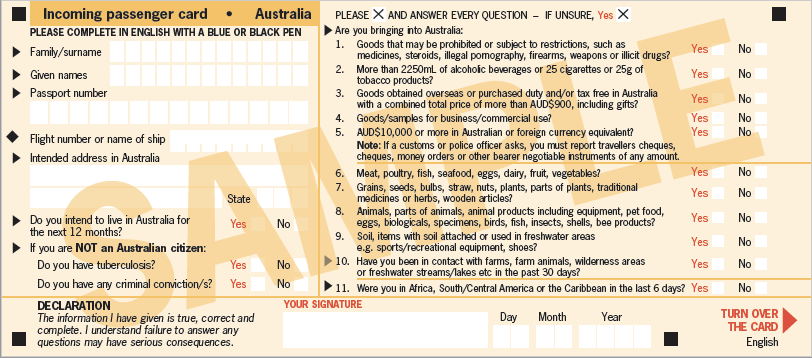
If you declare something, even if it turns out to be prohibited, you won’t earn yourself a fine. It is when you don’t declare, then you will be fined for that offence.
Essentially you are being fined for not being truthful to Border Force, which may involve knowingly lying on the form, or innocently doing so. Intent doesn’t come into it. Foot and mouth disease doesn’t care whether you innocently brought it into the country or knowingly brought it in. The consequence to the Australian Livestock industry is the same.
If you are not sure about what is allowed, and what is not – then tick ‘Yes’ and/or consult this list provided by Australian Border Force (ABF)
Border Force Fines Increased
And Australia has increased the fines that border security breaches can attract since the beginning of 2023. In this case, the fine for not declaring a rose was around the AU$ 1,878 mark. Well short of the maximum on-the-spot fine of AU$ 4,440.
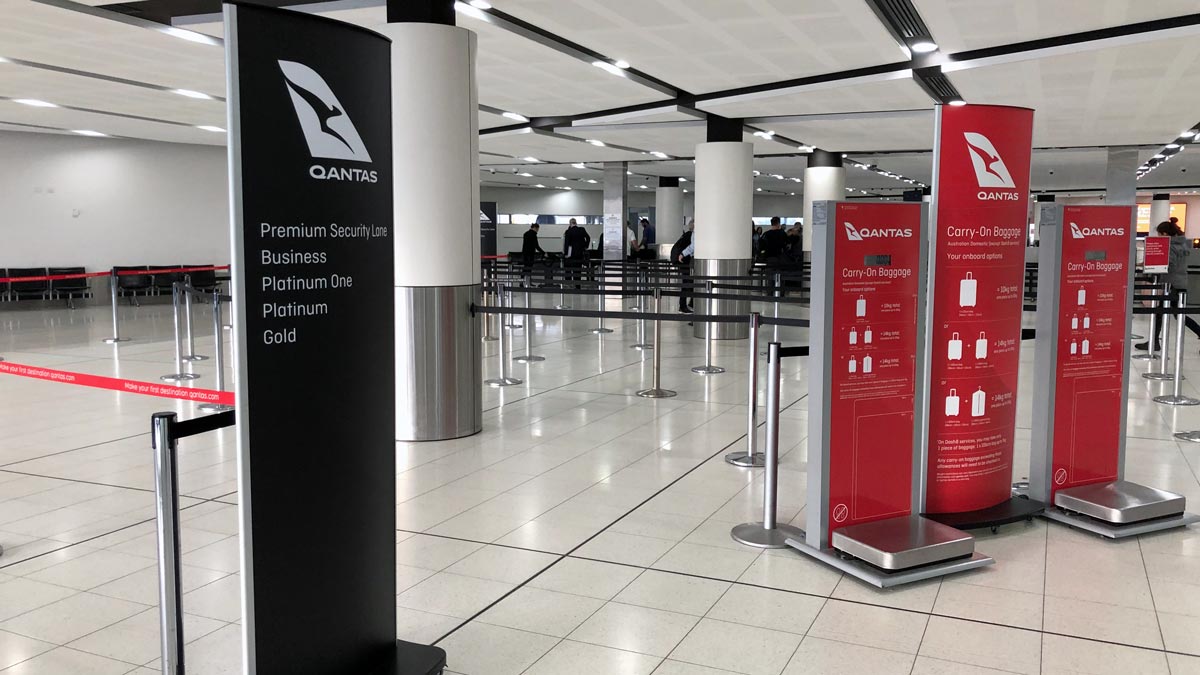
Profiling
Contrary to popular misconception, the ABF does profile travellers, just not by race or looks. Where you have just travelled from, what passport you hold, your recent pattern of travel, your demeanour on arrival and any history you have with the Australian Border Force is more likely to be used to determine whether you should undergo further scrutiny at the border. Dressing as Barbie or Oppenheimer is unlikely to make a difference.
Why is Border Force so strict about biosecurity?
Australia has remained free of some economy-destroying plant and animal diseases for a very long time, and authorities on behalf of farmers and citizens want to keep that the case. The obvious example is Foot and Mouth disease which Australia has remained free of. It has recently had a resurgence in Indonesia, especially in Bali. As a destination that attracts tens of thousands of Australians regularly, the ABF has become particularly interested if Bali was your last destination. Expect to be scrutinised with more care, and make sure you declare anything that might be prohibited.
For a practical demonstration of how seriously biosecurity and other border force activities are taken, watch all nin seasons of Border Security: Australia’s Front Line
2PAXfly Takeout
Australians are rightly proud of their record on biosecurity. I support the regulations that are aimed at keeping us safe. In certain areas – I’m thinking fire ants and varroa mites on bees, I wish we had been even more strict.
Of course, it is discombobulating to be discovered to have stupidly contravened a regulation, and incurred a fine in these circumstances, but that does not entitle you to make accusations of ‘biased, unfair and discriminatory practices’ directed at ‘innocent’ people.
You were not discriminated against or innocent on your own admission.


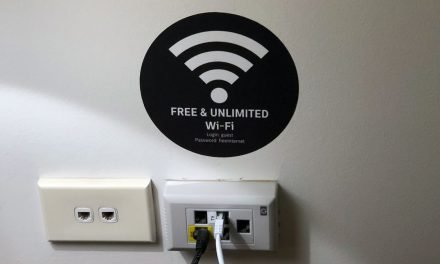
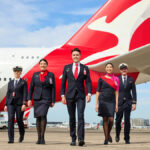
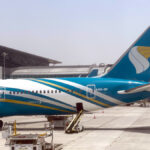


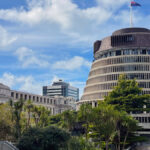

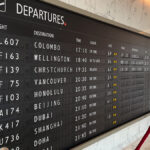
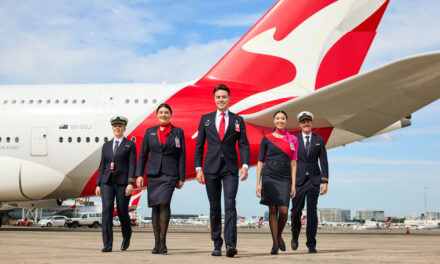


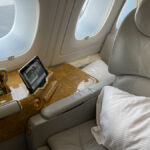


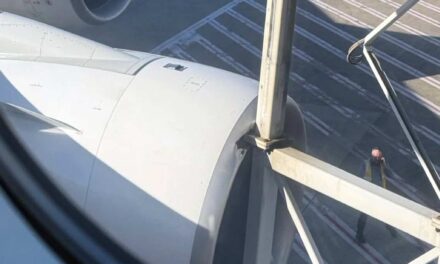
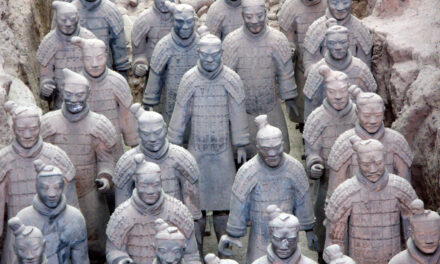

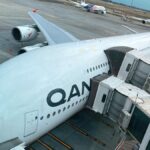

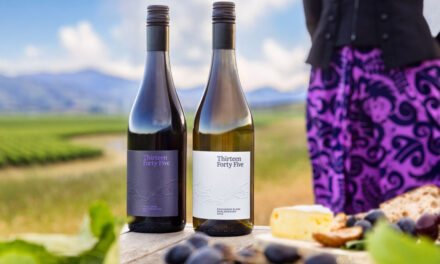
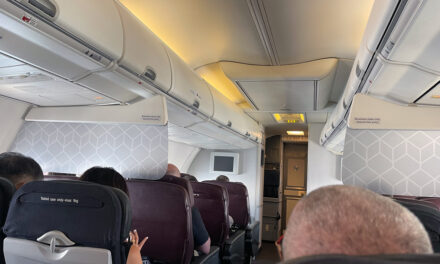
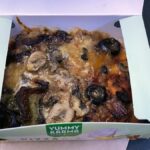


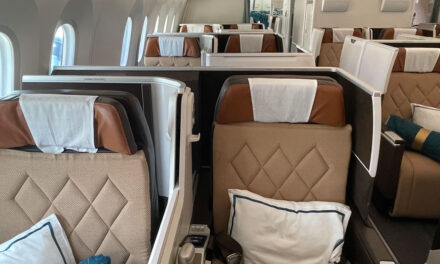
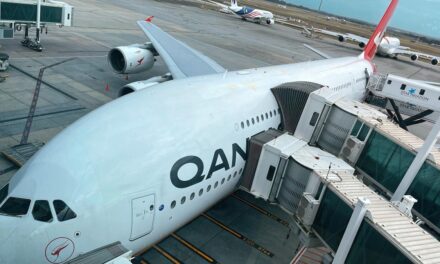

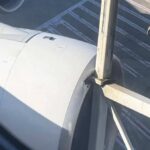



I disagree with the attitude that the article seems to portray. Was the influencer wearing a rose on her clothes? If so, she may have forgotten.
I was once caught with food but it was seized without a fine. The food was the package of snack mix that the airline gave to passengers. I kept it with intent to eat it later in the flight and forgot about it. If the consequences is a large fine, then maybe it’s better to check “yes” on all the food questions on the form and tell them that you are unsure. The form says to check “yes” if unsure. Will they get angry if you say “I am unsure if I have anything that resembles food….for the most part ‘no” but I was unsure so I checked ‘yes’ as is in the instructions”?
If you take any medicines, even just a daily baby aspirin for those with heart attack risks, check “yes” for question 1 even if unsure. Check “yes” for question 3 because, for tourists visiting Australia, all of their things were purchased overseas. Question 6, check “yes” for unsure because you think you don’t have any meat but are not 100% sure, which is unsure.
Question 7 includes “wooden articles”. Pencils are wood. So be unsure and check “yes”, I believe. Then be prepared for them to be angry and rip apart your luggage?
Hi Derek, Thanks for your comment. In my experience, it is absolutely best practice to declare ‘yes’ for anything you are unsure of. If you do, they will engage with you and answer any questions or uncertainties you raise. They then make a call about whether to search further. I have never had an inspector get angry with me for being uncertain. I believe your experience of a warning for forgetfulness is the usual practice, which makes me suspicious that the influencer is not telling the whole story in this case.
It’s possible that the influencer isn’t telling the whole story. It’s also possible that the border force looked at her instagram post, one of which is a close up of her hand holding a rose given to her by Emirates on a recent, but different flight 7 days ago (12 August 2023 Emirates to Cairo).
What I know is they have some sort of scanner. One of them pointed to the image to another employee, which was my small packet of airline snack mix. The scanner they have seems to be able to highlight something, maybe density, of possible food. Knowing that, when I visited Australia the next time, I thought hard about any seemingly minor things that they might find. Perhaps the form should also say “Australia is stricter than many countries and has imposed large fines on undeclared items such as small amounts of food”?
You are correct. The scanners do pick up organic matter highlighting it in orange. On the question of the rose – apparently, the influencer was carrying it in her hand when she was apprehended. No need to delve through her social media posts.
Any semblance of reasonableness of bio security regulations goes out the window with unreasonable enforcement like this. Slavery was the law for hundreds of years in many western countries (and in democracies) so just because they are regulations does not legitimize them or make those enforcing them the good guys. Quite the opposite. The same goes for the war on drugs which criminalizes freedom along with speech control. The rational purpose of these regulations is to keep people from importing livestock or plants on a large scale that pose a danger to the natural environment and are invasive species. A person carrying an Apple, a slim Jim beef jerky product, or a rose is not a danger. That’s ridiculous to say. Reasonable customs people would either let her pass or take the rose without even writing anything. Doing what these border people do on a routine basis makes them the bad guys. They have the option of being reasonable and just saying no but they don’t.
Thanks for your observations Jack. Although, I think you draw a long bow linking slavery, the war on drugs and border control. My experience with Australian border control and customs staff, has been one of unceasing good humour and reasonableness. That’s why I think the influencer may not be telling us the full story.
I’m generally not a fan of “influencers,” but this seems like over the top enforcement to me. She had a rose that the airline gave to her out for anyone to see. There clearly was no intent to deceive. It was just a honest mistake. When the penalty is severe as this was, there’s generally an intent element to the offense and it is the state’s burden to prove it. It’s obvious from the circumstances that she was not intentionally making a false statement on her form.
This is authoritarianism for its own sake. Not surprising given how the Aussies were quick to try and turn the continent into a penal colony again when covid provided the authorities with a useable excuse.
These stories of over the top enforcement tactics have a chilling effect on inbound tourism.
Hi Lars. Thanks for your comment. I disagree with several of your points. First up, isn’t doing something and then claiming you aren’t, the essence of deception? And secondly, according to this article in the NYT, the affect of border closures in Australia was quite effective in preventing deaths: ‘…Australia’s Covid death rate sits at one-tenth of America’s, putting the nation of 25 million people (with around 7,500 deaths) near the top of global rankings in the protection of life.’ As a vulnerable person, I applaud our government’s action on this, and don’t see it as, in your words ‘authoritarian for its own sake’ at all.